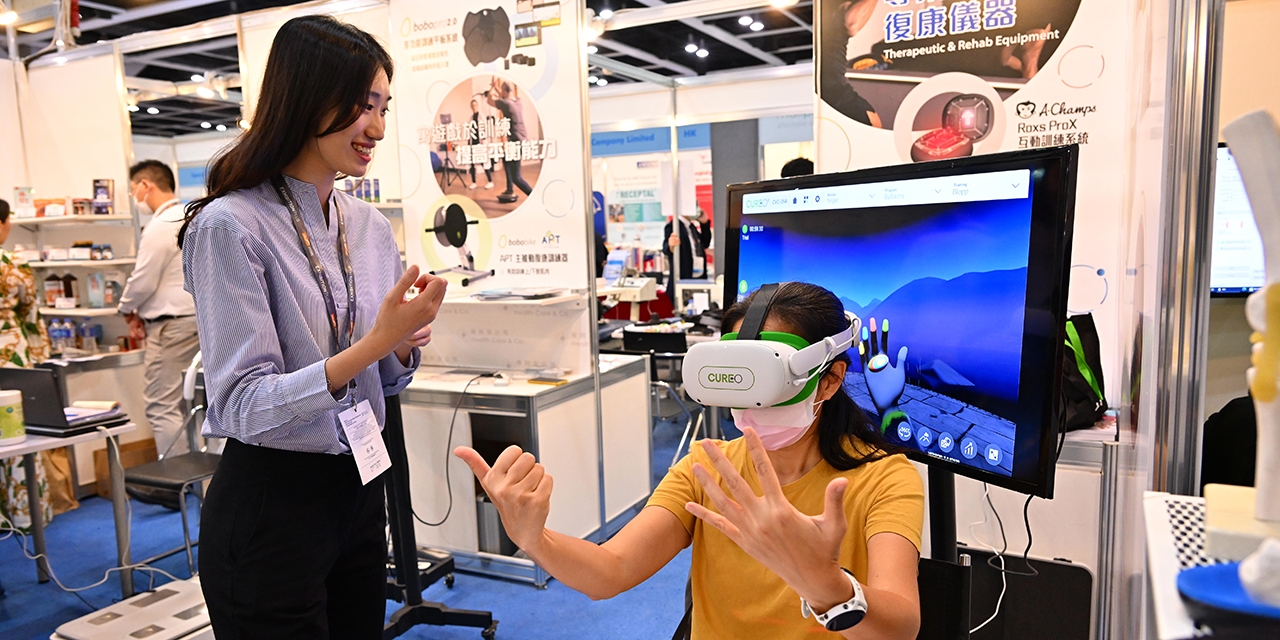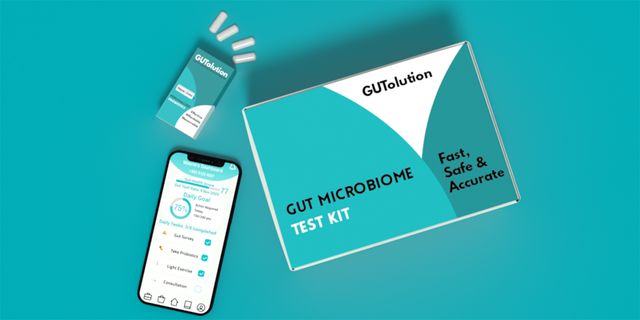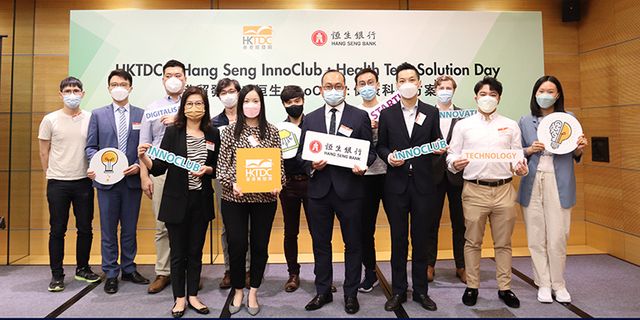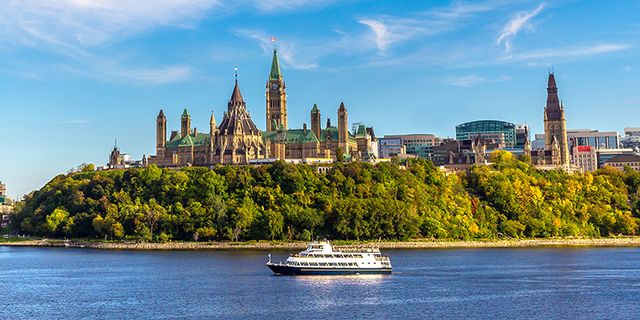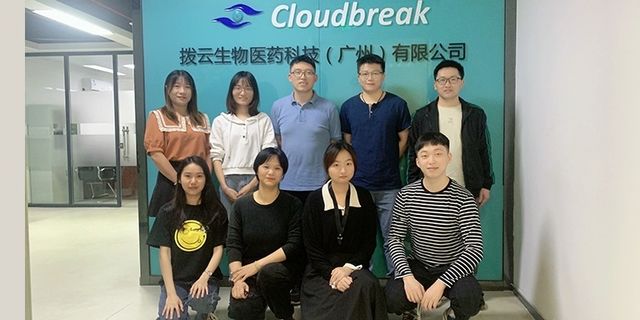Medical Services
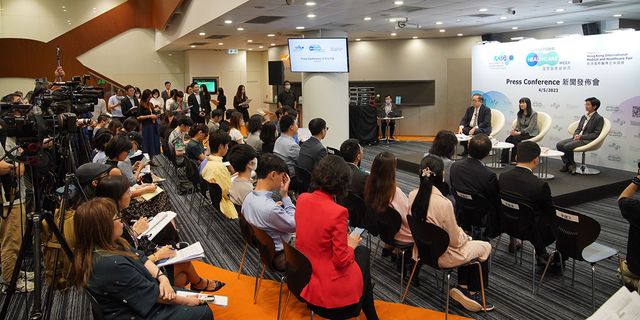
Healthcare Week showcases Hong Kong's medtech strengths
The second International Healthcare Week (IHW), organised by the Hong Kong Trade Development Council (HKTDC) and supported by a wide range of healthcare sector partners, runs from 16 to 31 May in Hong Kong, leveraging the city’s strategic role as an innovation and investment healthcare hub in Asia.
05 May 2023
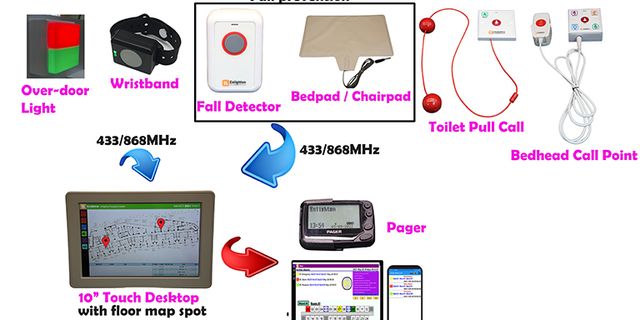
Virtual nurse finds takers in UK
Boasting the longest life expectancy in the world, Hong Kong generates strong demand for medical and health services and products. Hong Kong company Enlighten developed a wireless home-care system to ensure elderly people could easily call for assistance. With the help of the Hong Kong Trade Development Council's (HKTDC) Transformation Sandbox (T-box) programme, they successfully expanded into the UK market.
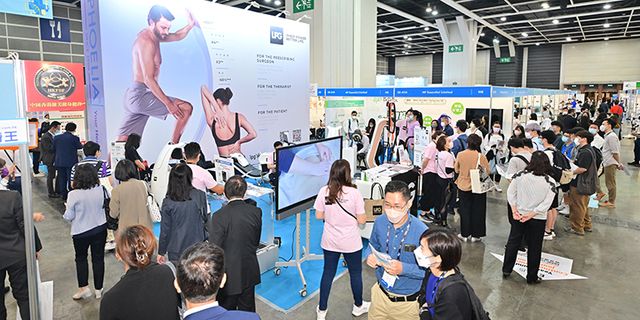
GBA grows into healthcare hub
Interest in healthcare and medical developments continues to grow, as economies worldwide recover from the COVID-19 crisis. Market leaders and industry players again congregated at the HKTDC Hong Kong International Medical and Healthcare Fair showcasing medical trends and innovations. Now in its 13th edition, the fair continued to draw an international crowd, including representatives from the Consulates General of Canada, Czech Republic, Israel, and the United States. The physical-online hybrid format, in which the event was conducted, encouraged both on-site and online interactions.
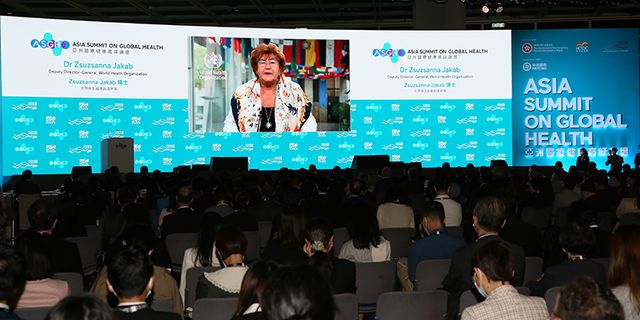
Health summit boosts medical hub credentials
Hong Kong earlier this month hosted its second Asia Summit on Global Health (ASGH), as the city continues to garner international attention after further loosening COVID-19 restrictions. This year’s theme – “Charting a New Course in Healthcare through Collaboration” resonated strongly with Dr Zsuzsanna Jakab (main picture), Deputy Director-General of the World Health Organization. In her video speech at the event’s opening session, Dr Jakab said the pandemic had infected more than 600 million people globally and claimed 6.5 million lives, so there was an “opportunity and, indeed, an obligation to learn from this pandemic” and accelerate progress on universal healthcare through concerted efforts in science, research, innovation, data and digital technologies.
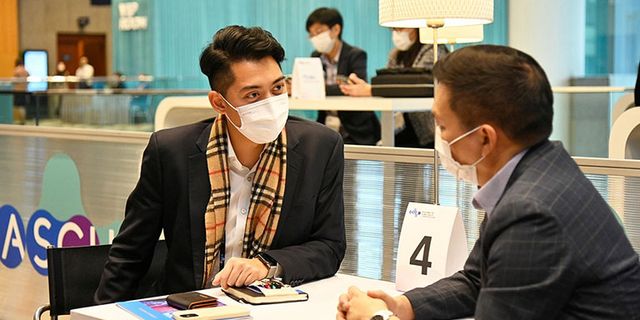
Asia Summit on Global Health
Positioned as Asia’s thought-leadership event on health innovation and investment, last year’s inaugural Asia Summit on Global Health (ASGH) featured more than 70 internationally renowned speakers and attracted more than 21,000 on-site and online participants from 54 countries and regions. More than 200 one-to-one meetings matching funds with global healthcare projects were arranged during the event.
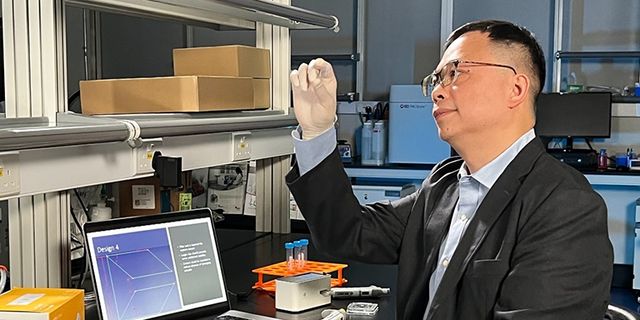
Energy boost raises fertilisation prospects
A professor at The Chinese University of Hong Kong (CUHK) has established a firm, EggLogics Limited (EggLogics), that has developed patented technology to increase the success rate for in-vitro fertilisation (IVF) through egg “recharging”, bringing new hope to families troubled by fertility problems.

Medical insurance plans go digital
Taking health maintenance beyond just a booking service for medical appointments, MixCare Health – one of the 10 winners in the 2022 Start-up Express entrepreneurship development programme organised by the Hong Kong Trade Development Council (HKTDC) – has developed a comprehensive healthcare platform.
28 September 2022
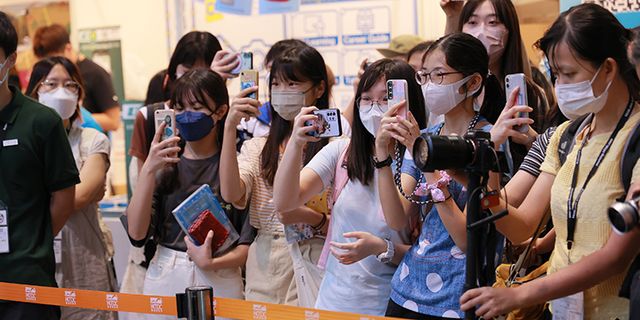
Green light for amber arrivals
Under the recently implemented 3+4 COVID quarantine rules, travellers arriving from overseas or Taiwan need to spend three days in a quarantine hotel followed by four days in their own accommodation under medical surveillance. During those four days they must contact rapid antigen (RAT) tests. They can visit their workplaces and shops for essentials, but are excluded from public venues such as restaurants.

Medtech firms prescribe Hong Kong
The rapid growth of healthcare spending, combined with accommodating financial markets, has made Hong Kong the perfect springboard into Asia for new biotech businesses. Acknowledging this, experts at the recent “Maximising Business Opportunities through Hong Kong on Healthcare Technology and Investment Collaboration” webinar, organised by the Hong Kong Trade Development Council (HKTDC), set out to explain how European healthcare start‑ups and other companies can leverage the city’s strategic position, especially its close ties with Mainland China, to benefit from the rapid growth of healthcare spending in the region.
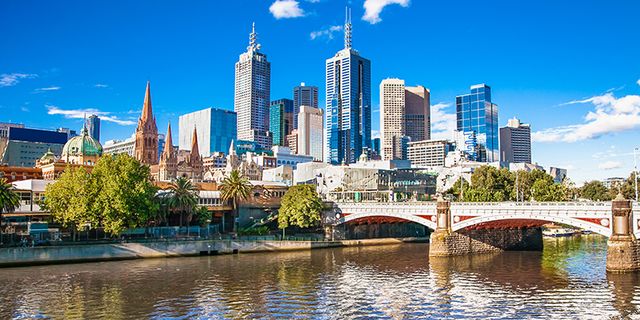
Beefing up the biotech value chain
Melbourne grew explosively in the mid-19th century following the discovery of gold in Victoria, and the city later found its feet as a wool export hub. By the 21st century, Melbourne had developed into a resource and life-sciences hub, continuing to update its capabilities.
Subscribe free e-newsletter
Latest on Asia business intelligence
Mobile-friendly design to read on the go
Customise your news by registering online
Learn about latest market updates and insights to empower your business.
